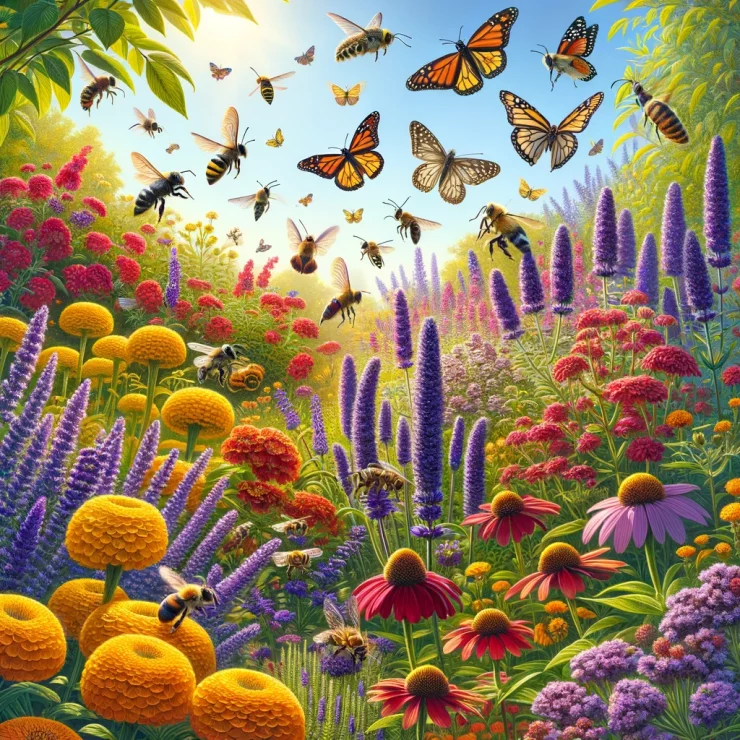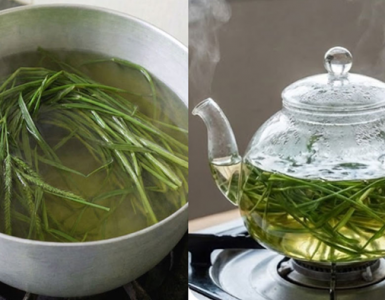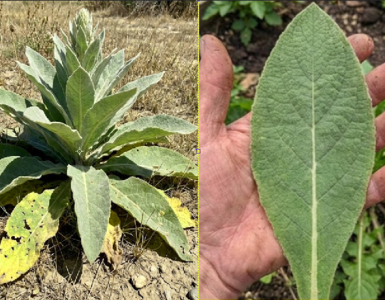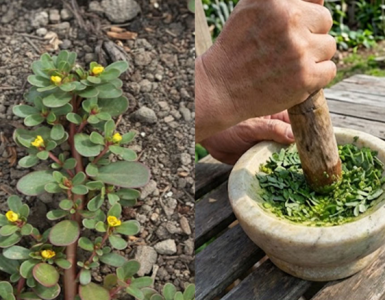As gardeners, we hold a unique power in our hands – the ability to foster and support the delicate ecosystems that surround us. One crucial aspect of this responsibility is to aid pollinators, the unsung heroes of our food system and biodiversity. By simply choosing the right plants for our gardens, we can create havens for bees, butterflies, and other essential pollinating insects. Among the plethora of flowers that attract these vital creatures, lavender, marigold, coneflower, and black-eyed Susan stand out as champions. Let’s explore how these beautiful blooms can make a significant difference in supporting pollinators in our own backyard paradises.
Lavender: A Fragrant Haven for Bees
Lavender, with its intoxicating scent and delicate purple blossoms, is not only a delight to our senses but also a haven for bees. Bees are drawn to lavender for its abundant nectar and pollen, making it a vital food source, especially during the summer months when other flowers may be scarce. Planting lavender in your garden provides a reliable food supply for bees and encourages them to visit regularly, aiding in their survival and contributing to the pollination of nearby plants.
Marigold: Bright Beacons for Butterflies
The vibrant hues of marigolds add a cheerful splash of color to any garden, but their appeal extends far beyond aesthetics. Marigolds are a favorite among butterflies, attracting these graceful insects with their sunny blooms and rich nectar. By planting marigolds, you not only enhance the beauty of your garden but also provide essential sustenance for butterflies, supporting their populations and promoting biodiversity.
Coneflower: A Pollinator Paradise
Coneflowers, also known as echinacea, are beloved for their striking appearance and hardy nature. These daisy-like flowers feature prominent cones surrounded by petals in shades of pink, purple, and white, creating a visual feast for both humans and pollinators alike. Bees, butterflies, and other pollinating insects flock to coneflowers for their abundant nectar, making them a cornerstone of any pollinator-friendly garden. By including coneflowers in your landscape, you can attract a diverse array of pollinators and contribute to the health of local ecosystems.
Black-Eyed Susan: Nectar-Rich Beauties
Black-eyed Susans, with their cheerful yellow petals and dark centers, are a staple in many gardens across the world. These resilient wildflowers are not only easy to grow but also highly attractive to pollinators. Bees, butterflies, and even hummingbirds are drawn to the abundant nectar offered by black-eyed Susans, making them invaluable allies in the quest to support pollinator populations. By incorporating these bright blooms into your garden, you can create a thriving habitat for pollinators and enjoy their beauty throughout the seasons.
In a world where pollinator populations are facing unprecedented challenges, every action we take to support these vital creatures matters. By planting pollinator-friendly flowers like lavender, marigold, coneflower, and black-eyed Susan in our gardens, we can play a crucial role in preserving biodiversity, ensuring food security, and beautifying our surroundings. So let’s roll up our sleeves, dig in the dirt, and create vibrant sanctuaries where pollinators can thrive. Together, we can make a difference, one blossom at a time.






Add comment